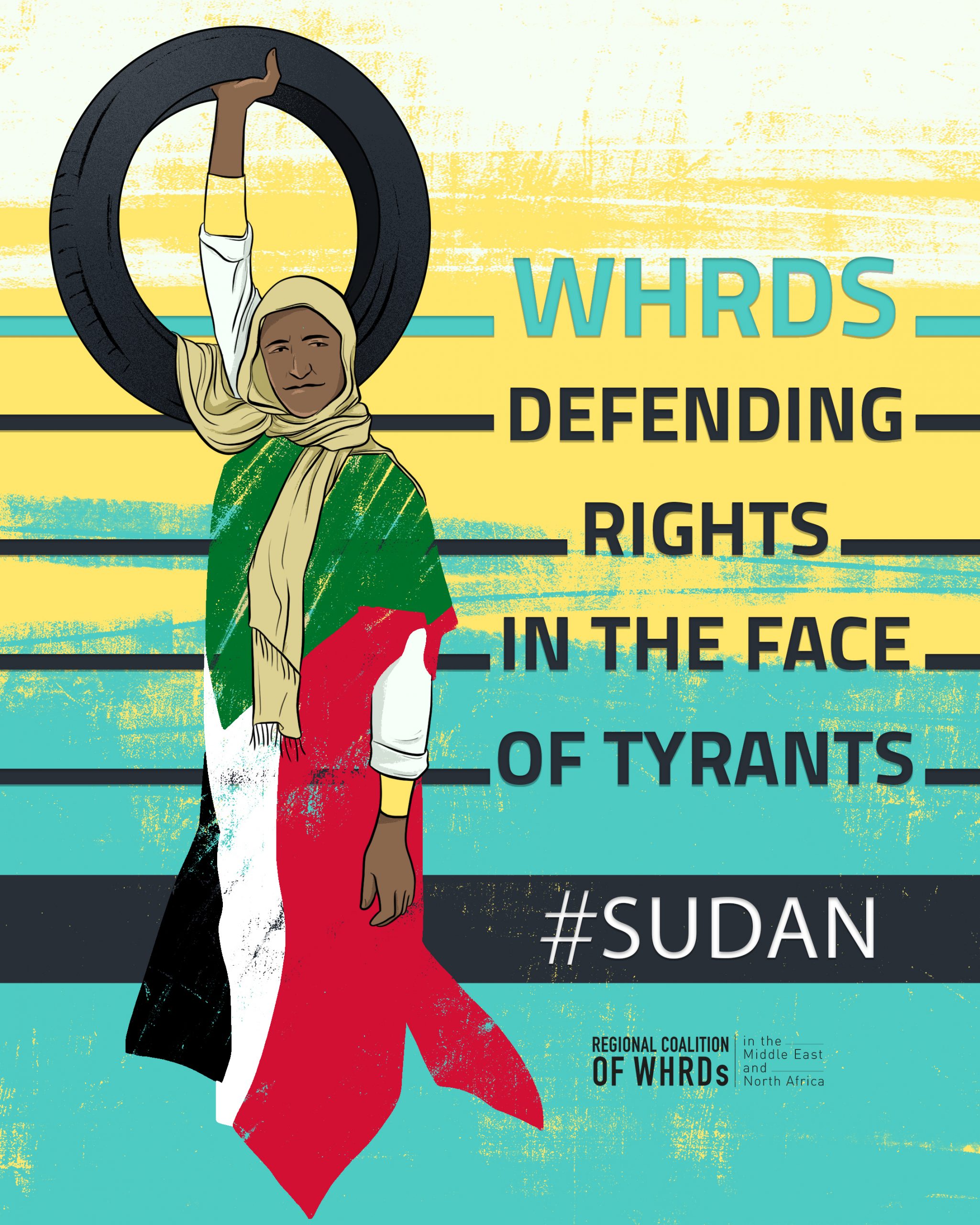Women’s rights organisations and defenders’ groups have been leading the resistance against the military coup demanding democratic transformation and end of State militarisation.
On 29 May, the Sovereignty Council announced the lifting of the state of emergency. While the lifting of the state of emergency is a positive step, the violence against peaceful protesters continues.
In the report, the UN Deputy High Commissioner for Human Rights, Nada Al-Nashif noted that the situation in Sudan from 25 October 2021 to 10 April 2022 was characterised by continued excessive use of force by security forces in response to protests against the coup. This resulted in the deaths of 101 people (including one woman and 15 children) and injury of more than 5000, most in Khartoum State.
The deaths of most protestors were the result of injuries to the head and/or chest caused by live ammunition. Tear gas canisters fired directly at protesters led to four deaths and caused around one third of reported injuries. The report also indicated the pattern of mass arrest and detention of protestors and activists.
While protesters were generally released after a short period, demonstration leaders, resistance committee members and activists were typically held in incommunicado detention for up to two months. This is emblematic of the shrinking civic space, notably for women civil society activists, increasingly facing threats and harassment, including those providing support to victims of sexual violence. Human rights groups and women human rights defenders are not able to work freely and safely. There is increased surveillance on the internet, communications, movement and offices of many civil groups, forcing them to work underground.
During the reporting period, sixteen incidents of sexual and gender-based violence by security forces or plain-clothes armed men in Khartoum in the context of protests were verified through first hand sources by the Joint Office. They included seven cases of gang rape by uniformed personnel.
Inter-communal violence has intensified since the coup, particularly in North and West Darfur, leading to large scale loss of life and destruction of property and means of subsistence. The loss of at least 172 lives following the communal violence in Kerenik, West Darfur from 22 to 24 April 2022, demonstrated the continued gaps in the protection of civilians.
During the enhanced interactive dialogue, some States highlighted the continuing human rights violations, as well as women’s rights issues and emphasised the need for respect and protection of their rights. The Netherlands, the United States of America and Ireland, as well as non- governmental organisations like International Federation for Human Rights Leagues and Lawyers’ Rights Watch- Canada, expressed concern over the lack of accountability for perpetrators of human rights violations in the country and the deteriorating security and human rights situation.
Australia, Iceland and The European Union also raised concerns over the high number of reported cases of violent attacks against peaceful protestors, human rights defenders and journalists, unlawful killings with over 200 people killed in intercommunal violence in Darfur, sexual and gender-based violence and arbitrary detentions. They call on Sudan’s military authorities to immediately end their campaign of violence against civilians, release all those detained since 25 October and end violence against peaceful protestors and human rights defenders, including women human rights defenders. Malawi also reiterated the need to ensure accountability for all violations against the perpetrators, and reparations for the victims.
ISHR calls on the Council to support the request of more than 54 NGOs for the adoption of a resolution to ensure continued attention to the human rights situation in Sudan, and to prioritise independent investigation by international and regional human rights mechanisms into atrocities committed against protestors, especially women and girls, from 13 December 2018 to date. Access to justice for women must be ensured, as well as accelerating reform of military and security forces to eliminate growing risks of State militarisation, attacks on democratic transformation and fundamental freedoms, and grant women human rights defenders access to fully participate in these processes.




